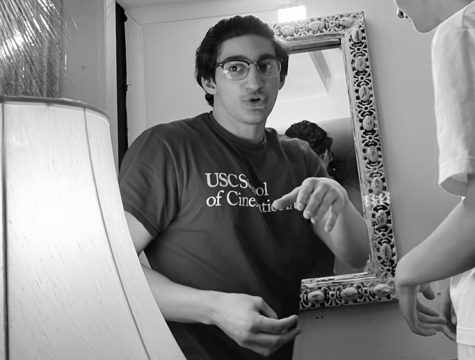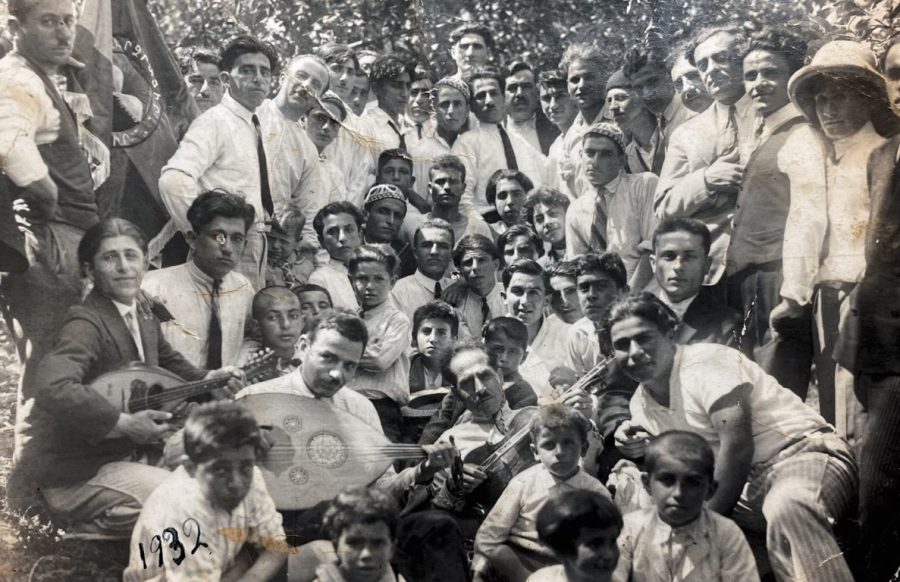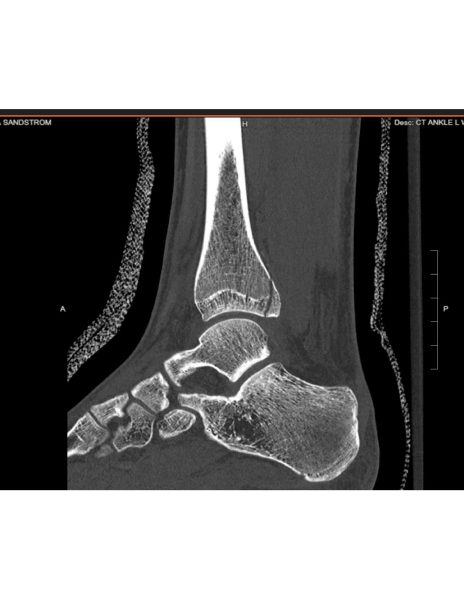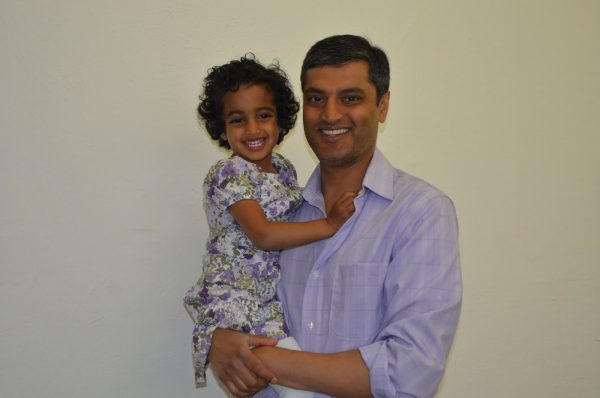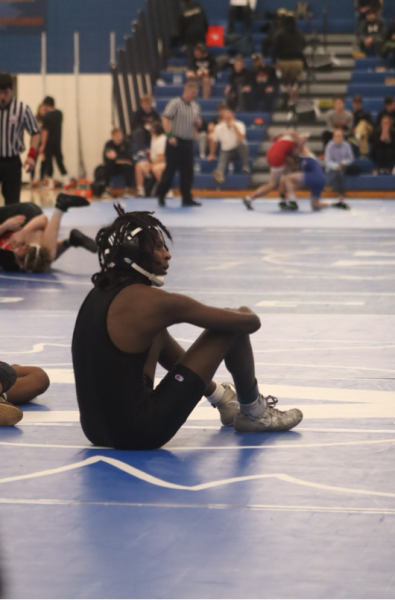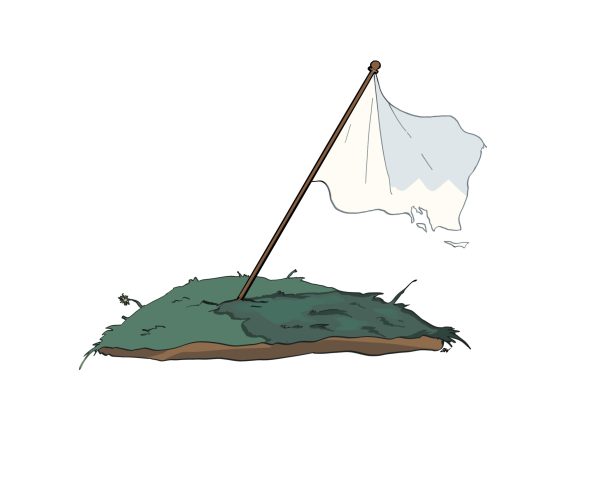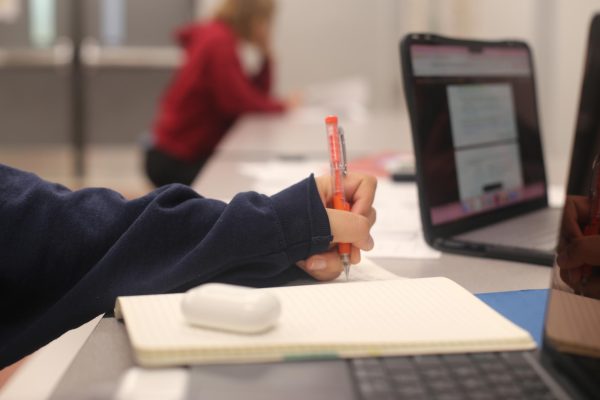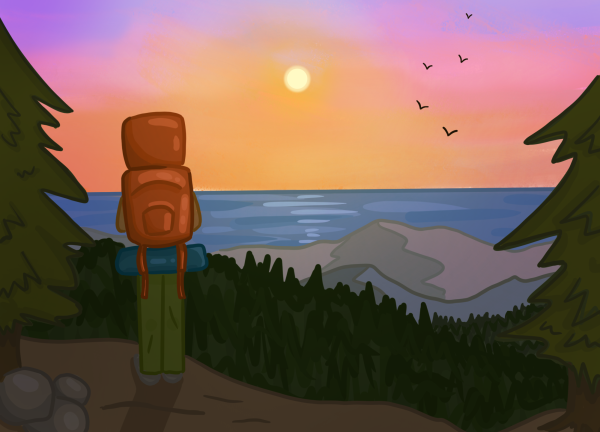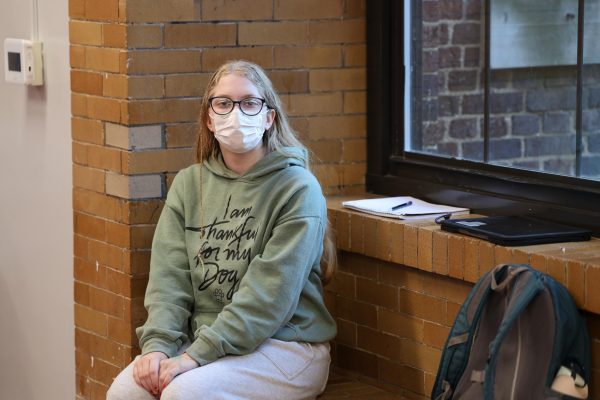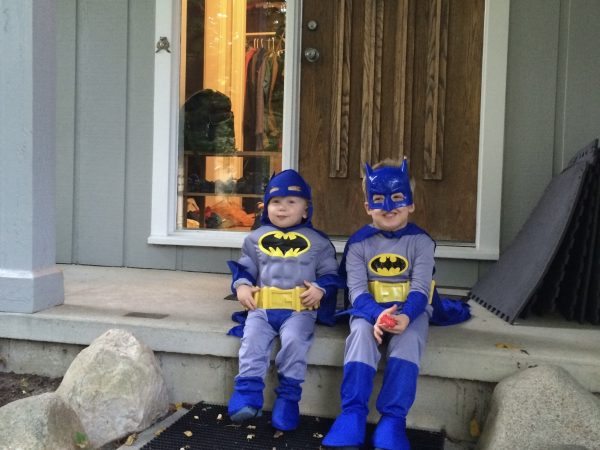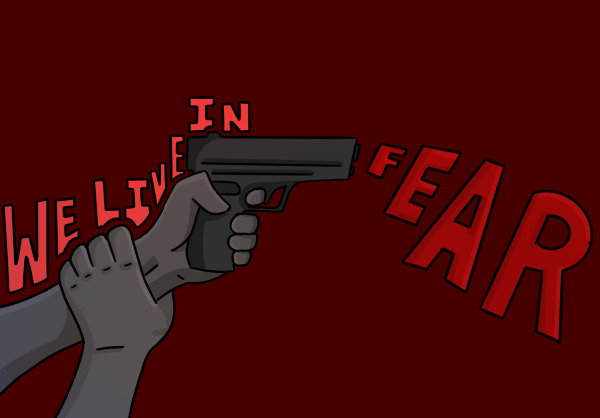“Aghet”
The impact an important event in my people’s history had on me wasn’t fully perceived until an unfortunate dispute.
When I was in middle school, I got into an argument with one of my friends. It ended in him remarking, “You constantly talk about the Armenian genocide, but it doesn’t even affect you.” I can’t seem to remember what we were arguing about, but I’ll always remember that claim because it is as untrue as it is ignorant.
The Armenian genocide was the mass elimination of Armenians living in the Ottoman Empire, also known as modern-day Turkey, in 1915 by Ottoman authorities. It is estimated that 1.5 million Armenians were murdered, including many of my ancestors. All my different lineages have felt loss and endured trauma from this singular event. For modern-day Armenians, it is something that always sits in the back of our minds and shapes the way we view the world.
Personally, the feeling of hearing about what my ancestors went through in this dark period is the most distinct emotion I have ever felt and the most terrifying reality I have ever accepted. Ingesting these stories results in a feeling of conflict: one side of you trying your best not to contextualize the horrific things being described to you, and the other side of you trying your best to take it all in: to make sure the reality of the situation is understood.
In the Armenian language, we have our own word for the event which loosely translates to “catastrophe.” The word aghet represents that feeling of conflict. This word brings me physical pain to hear and symbolizes all the pain and suffering my people endured. This is the word that prevents us from ignoring the reality of the event; the word that reminds us of what happens; the word we have all learned to live on with. The last part is the most important: Aghet teaches us to live on, teaches me to live on. Although I will carry the pain of my people to the grave, I will also live on for them.
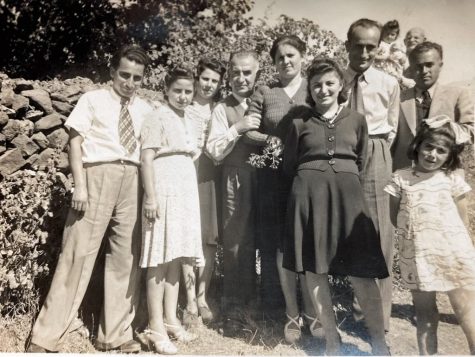
I think about the Armenian genocide just as much as I think about the responsibility I have to live for all my ancestors who suffered. It is an ambiguous ethical duty: there is no blueprint for existence in intergenerational trauma, no objective or uniform action that can be taken. It is a constant feeling of anger and confusion. However, through all the anger and confusion, the conflict and the pain, I find the ability to heal through community.
I have a complicated relationship with my community. I am a diasporan Armenian, my ancestors were Armenians displaced from Anatolia, under the rule of the Ottoman Empire: my roots aren’t technically from the country of Armenia. The practice of even classifying myself as an Armenian is one filled with complexity and uncertainty. This is a struggle shared by many other diasporan Armenians.
Despite this complicated relationship with my community, I still find it to be essential. All Armenians share this trauma together, and the connection I have to fellow family members and other Armenians is one that has been essential in the process of healing. I don’t believe I’ll ever be able to fully heal, but the process wouldn’t be possible without the solidarity I share with my people.
